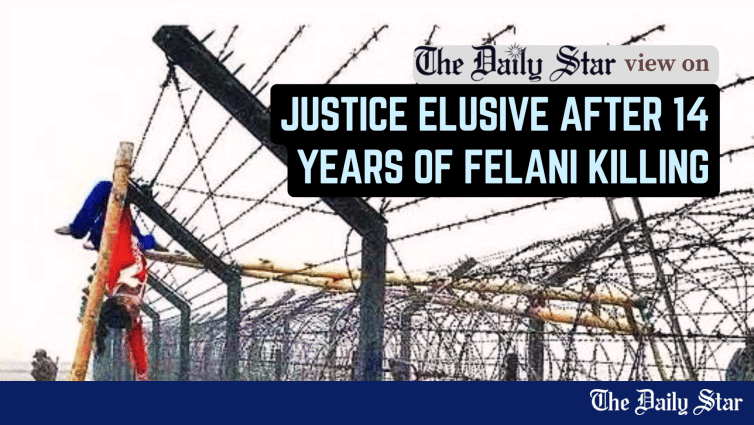Saif
Senior Member
- Jan 24, 2024
- 12,725
- 7,062
- Origin

- Residence

- Axis Group

- Copy to clipboard
- Thread starter
- #97
সীমান্তে ধাওয়া খেয়ে পালালো বিএসএফ (Bangladeshi villagers confronting BSF with sticks )
)
 )
)Follow along with the video below to see how to install our site as a web app on your home screen.

Note: this_feature_currently_requires_accessing_site_using_safari



 )
)







 www.newagebd.net
www.newagebd.net








 www.newagebd.net
www.newagebd.net




 www.newagebd.net
www.newagebd.net








 www.newagebd.net
www.newagebd.net












 www.newagebd.net
www.newagebd.net




 www.newagebd.net
www.newagebd.net